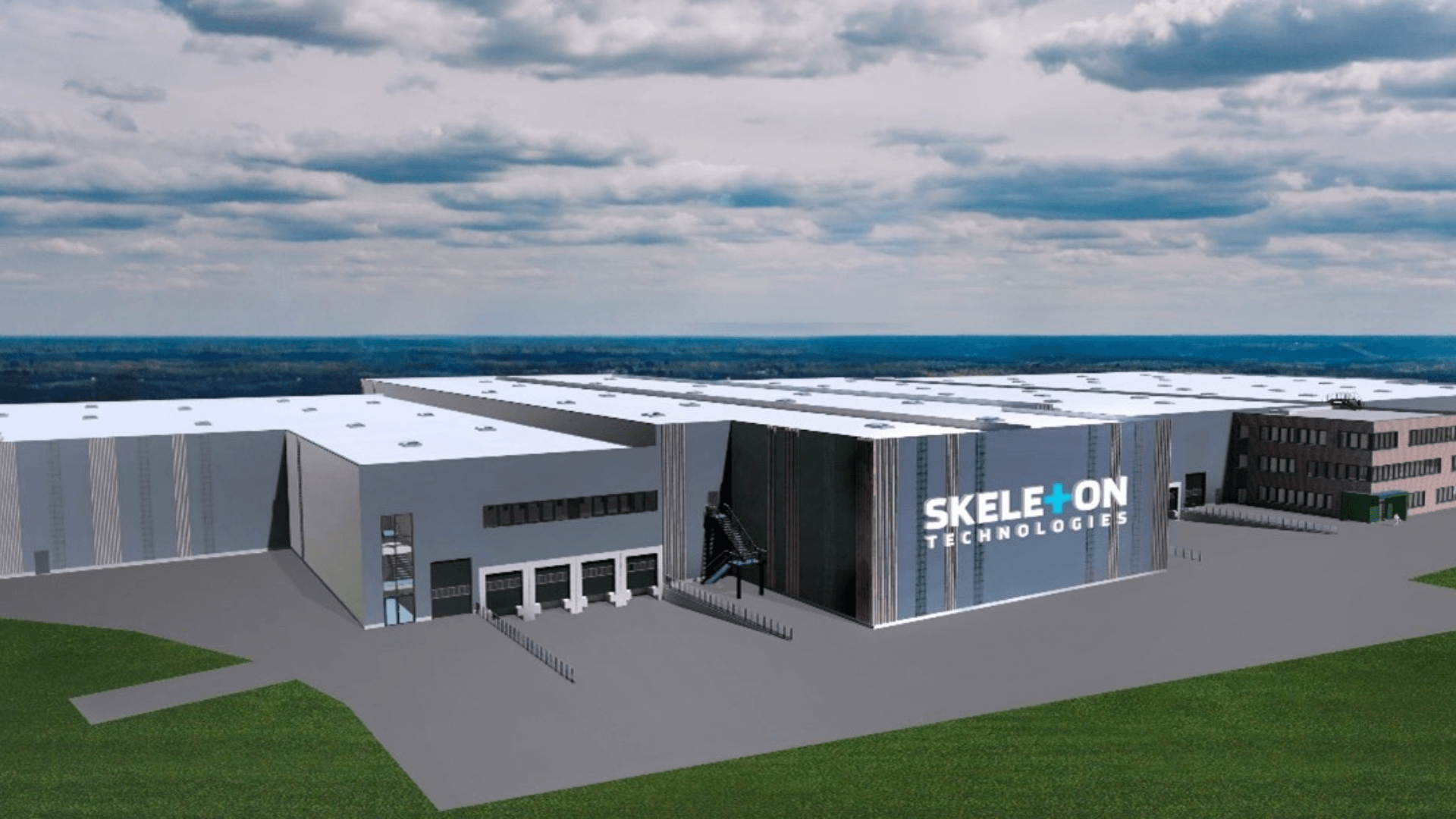Estonian energy storage tech firm Skeleton Technologies will invest €220 million to build a fully automated, digitalised manufacturing plant to produce supercapacitors at Leipzig in Germany. Out of the investment, €100 million will be utilised in manufacturing equipment in Leipzig area and €120 million will be used for scale-up and R&D.
Planned by Siemens, the production at the factory is slated to begin in 2024, Skeleton said. The collaboration will help scale up the production of next-generation supercapacitors. The factory in Markranstaedt, Leipzig will build 12 million cells a year, 8 million of which would be smaller cells for passenger vehicles and 4 million would be larger cells for heavy-duty transportation.
Skeleton Technologies uses aluminium and a carbon-based material it produces in Estonia to make its supercapacitors, recouping energy produced naturally such as through a vehicle braking, or an elevator or crane moving downwards - and releasing it faster than lithium-ion batteries can.
The economies of scale provided using Siemens’ technology, combined with the use of Skeleton’s patented ‘curved graphene’ material, are expected to lower the production costs by almost 90% after the completion of this five-year project, the company said.
Skeleton, which already operates a smaller site near Dresden, currently produces around 300,000 cells a year, primarily serving clients in heavy-duty transport or grid management such as SkodaElectric or Poland's ZPUE.
Taavi Madiberk, co-founder of Skeleton Technologies said: “With our supercapacitors with the highest power density in the industry, we see great potential for further cooperation with Siemens, especially in the areas of mobility, grid stability and heavy-duty applications. Siemens already uses our supercapacitors for their high-power energy storage. Skeleton and Siemens both believe that the global economy is undergoing structural changes in some of the largest CO2 emission sources such as power generation, transport, and industry.”
Guido Feind, head of digital industries at Siemens in Germany added: “With our holistic automation and digitalisation portfolio, we can use the appropriate tools and our industrial know-how together with Skeleton, from greenfield planning to factory simulation and optimized high-end production, to realize a highly efficient, fully automated production line that is unique in the world.”



Would you like to write the first comment?
Login to post comments